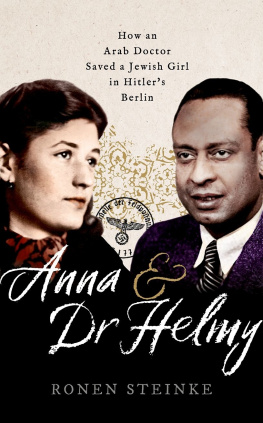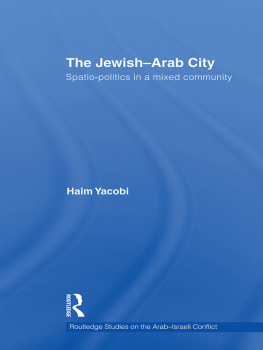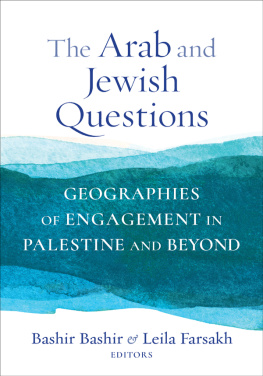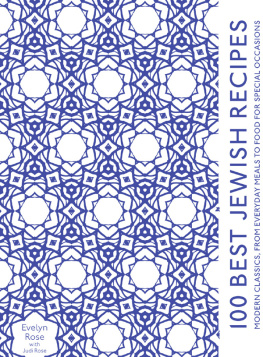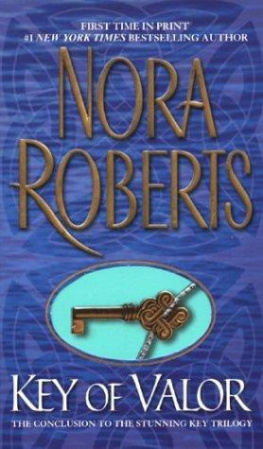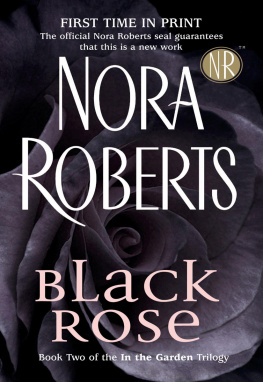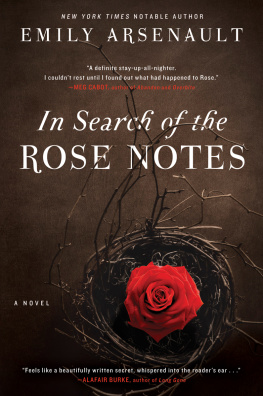ARAB AND JEWISH WOMEN IN KENTUCKY
ARAB AND JEWISH WOMEN
IN KENTUCKY
Stories of
Accommodation
and Audacity
NORA ROSE MOOSNICK
Copyright 2012 by The University Press of Kentucky
Scholarly publisher for the Commonwealth, serving Bellarmine University, Berea College, Centre College of Kentucky, Eastern Kentucky University, The Filson Historical Society, Georgetown College, Kentucky Historical Society, Kentucky State University, Morehead State University, Murray State University, Northern Kentucky University, Transylvania University, University of Kentucky, University of Louisville, and Western Kentucky University.
All rights reserved.
Editorial and Sales Offices: The University Press of Kentucky
663 South Limestone Street, Lexington, Kentucky 40508-4008
www.kentuckypress.com
16 15 14 13 12 5 4 3 2 1
Cataloging-in-Publication data is available from the Library of Congress.
ISBN 978-0-8131-3621-9 (hardcover : alk. paper)
ISBN 978-0-8131-3622-6 (pdf)
ISBN 978-0-8131-4049-0 (epub)
This book is printed on acid-free paper meeting the requirements of the American National Standard for Permanence in Paper for Printed Library Materials.
Manufactured in the United States of America.
| Member of the Association of
American University Presses |
CONTENTS
SERIES FOREWORD
In the field of oral history, Kentucky is a national leader. Over the past several decades, thousands of its citizens have been interviewed. The Kentucky Remembered series brings into print the most important of those collections, with each volume focusing on a particular subject.
Oral history is, of course, only one type of source material. Yet, by the very personal nature of recollection, hidden aspects of history are often disclosed. Oral sources provide a vital thread in the rich fabric that is Kentucky history.
This volume, the eleventh in the series, weaves together multiple life stories and follows a captivating group of Arab and Jewish women through a narrative journey exploring tradition, assimilation, and Kentuckys cultural landscape. Nora Moosnicks book offers readers a glimpse into the personal lives of these women and provides powerful insights into gender roles and both personal and cultural identity.
The immigrants story is reemerging in Kentuckys contemporary historical record, and Arab and Jewish Women in Kentucky: Stories of Accommodation and Audacity powerfully demonstrates the effectiveness of oral history in documenting that story.
Douglas A. Boyd
James C. Klotter
Terry L. Birdwhistell
PREFACE
I CAME TO THIS PROJECT to honor two men I loved: my father, Monroe Moosnick, and my adopted grandfather, Mousa Ackall. Both men knew fabrics.
My Jewish fathers family settled in Versailles, Kentucky, in the hope of making a living from a small dry goods store. My father embraced the store and even aspired to expand it, but his parents had other dreams for their boysnamely, for them to be professionals. Compliance was absolute, so my father became a chemistry professor. Even though he resided in academia, I realize now that his way of being was always that of a merchant. He noticed minor details of other peoples clothing and habitually complimented them about the feel or fit of a coat or the make of their shoes. His keen sense of style was reflected in his wardrobe, even though, like a good merchant, he refused to pay the label price for clothes, knowing it was well above the wholesale one. He would wait weeks for the price of a particular item to be slashed before purchasing it.
I accompanied my father on countless weekend jaunts as he (we) shopped for clothes, antiques, or fabrics. It was more than consumer abandon that drove him. It was a serious preoccupation and, perhaps most importantly, it was a social endeavor. Everywhere we went, he knew people, and I thought my father was immensely popular. I was proud that he could barely walk down a street or a mall corridor without being greeted. But when I look back with a sharper eye, I also realize that he was connecting with his ownwith Jewish merchants. I remember store owners mumbling to Dad about the current business climate or asking his opinions about such things as the carpets they had chosen for their stores.
There were also non-Jewish merchants, such as Alma at Almas Fabric and Variety Store. It was an adventure (and remains so) to enter her crowded store in what was then the mostly deserted downtown area of Lexington, Kentucky. Hers was a store without aesthetic adornments; customers had to rummage for the material they desired. It was also packed full of colorful characters. I can still see Dad giggling about Alma feeding hot dogs to her crew of small canine companions, whose stomachs tended not to tolerate their dog food. Her brother sat in his wheelchair at the store, passing the day. Alma talked to Dad like he was another merchant. Shed mumble about the quality of particular fabrics and the effort it took to work with various fabric distributors. Shed gossip with him about society customers, and shed always tell me, Your father knows this store better than I do. Indeed, he knew exactly where to find a particular fabric, even though it might be covered by several others, because he was always reupholstering something at our home or at the university where he worked. As Alma liked to say, He knows fabric better than anyone I know.

Monroe Moosnick. (Authors collection.)
Over the four decades or so that my father taught at Transylvania University, he befriended numerous students. I am perhaps most boastful of the relationship he built with one Palestinian family, the Ackalls. I can only speculate, but our families might have been drawn to each other out of an appreciation of our likenesses and an understanding of the odd position we held as Jews and Arabs in Kentucky. Multiple generations of Ackalls passed through Transylvania, and our families melded, forming a long and lasting friendship. The eldest member of the family, Mousaor, as everyone affectionately called him, Sido (grandfather in Arabic)became a grandfather of sorts to me, since mine had died long before I was born.
I spent countless afternoons with Sido, sipping tea in his roomy apartment located close to the University of Kentucky campus (he refused to move to the suburban home his daughter Mary had purchased for him). He shared wonderful stories with me about the fruit trees in Ramallah, the multiple journeys he had made between Palestine and Kentucky, and his encounter with Lawrence of Arabia. He also talked about his days peddling fine linens and rugs throughout the American South. He loved to tell tales of being served tea in southern mansions as he dazzled his customers with his mischievous smile and his ability to speak German, English, and Arabic. On some afternoons he would open his chest filled with high-end linens, evoking another era. Hed have me feel the quality of the wares and admire the delicate handwork that graced the pieces. I still treasure the hand towels he gave me. Other days we ventured into the closet that housed his numerous expertly stored rugs. He would take them out one at a time, show me the work involved, and explain the country of origin and how he came to own these exquisite pieces. After his death, his family gave me one of his rugs to acknowledge our relationship. My desk chair rests on it as I write these words.






